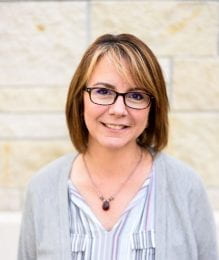Recently the Staley School of Leadership Studies partnered with the Kansas Leadership Center and the state of Kansas for the Kansas Beats the Virus initiative.
The goal of Kansas Beats the Virus was to host 1,000 meetings across the state with Kansans, inspiring local solutions that keep people healthy, schools and businesses open, and our economy strong amidst the pandemic.
Staley School faculty and staff facilitated 20 online group meetings across the state, convened by current students, alumni, campus partners, and local community leaders. The group members worked together to identify the needs and concerns of the people they influence or serve, and developed an action plan that could help slow the spread of COVID-19. Continue reading “Staley School contributes to Kansas Beats the Virus initiative “

 Now more than ever, our diverse and changing world requires leadership that is knowledgeable, ethical, caring and inclusive. The disruption and uncertainty of a global pandemic and the pain of persistent systemic racism challenge our health, economic well-being and understanding of community. We all are being called to learn, listen and act with compassion and purpose.
Now more than ever, our diverse and changing world requires leadership that is knowledgeable, ethical, caring and inclusive. The disruption and uncertainty of a global pandemic and the pain of persistent systemic racism challenge our health, economic well-being and understanding of community. We all are being called to learn, listen and act with compassion and purpose.